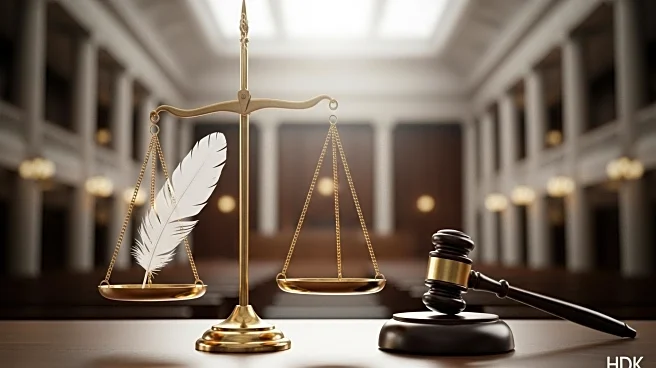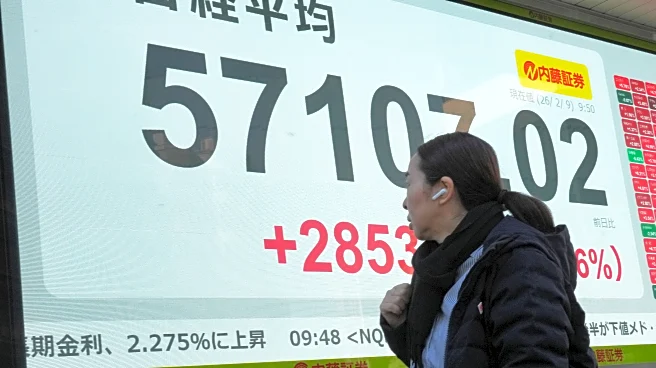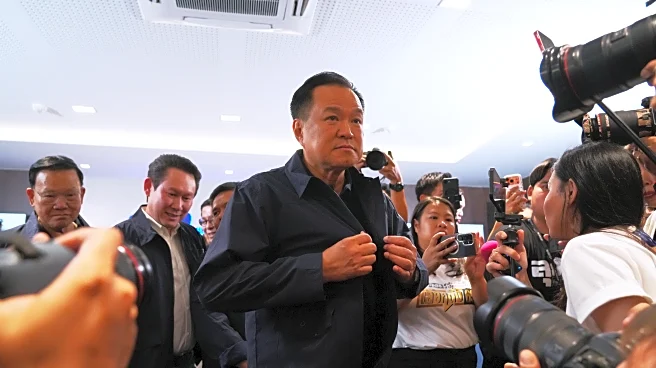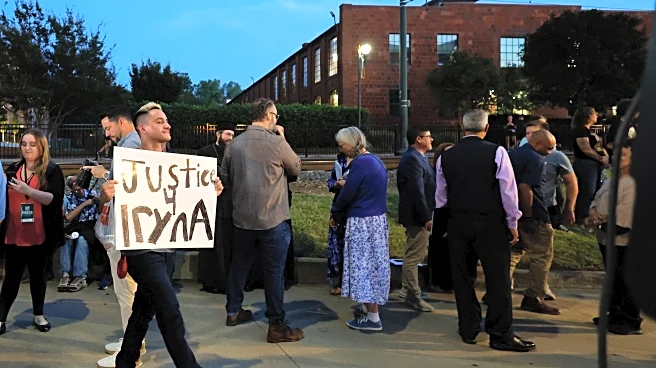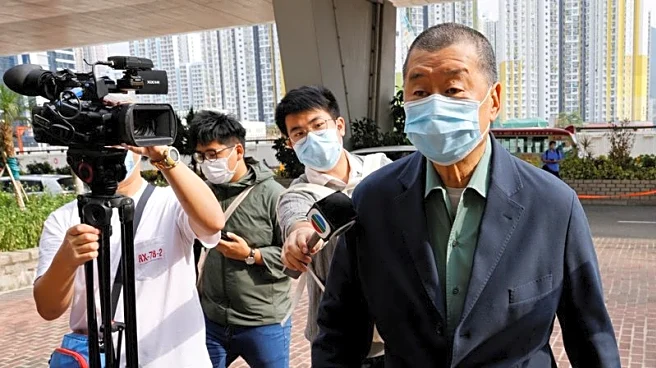What's Happening?
A grand jury in Washington, D.C., has refused to indict Nathalie Rose Jones, a New York woman accused of threatening President Donald Trump. Jones was arrested in August after allegedly making threats online and during interactions with Secret Service agents. Her attorney, Mary Petras, requested the removal of Jones' release conditions, citing the grand jury's decision. The refusal to indict is unusual, as grand juries typically return indictments in federal cases. This decision follows a series of similar refusals in cases prosecuted by U.S. Attorney Jeanine Pirro's office since President Trump's federal surge in D.C.
Why It's Important?
The grand jury's decision not to indict Jones may reflect growing opposition to President Trump's law enforcement policies in Washington, D.C. This development could signal a shift in public sentiment, as local residents serving on grand juries appear to be challenging federal prosecutorial efforts. The outcome may impact the Justice Department's approach to similar cases and influence public policy discussions regarding federal intervention in local jurisdictions.
What's Next?
The Justice Department may attempt to secure an indictment again, but the current evidence has been deemed insufficient by the grand jury. This situation could lead to further scrutiny of the federal crackdown ordered by President Trump, with possible implications for future law enforcement strategies in the capital. Stakeholders, including political leaders and civil rights groups, may react to this decision, potentially influencing broader discussions on federal versus local jurisdictional authority.
